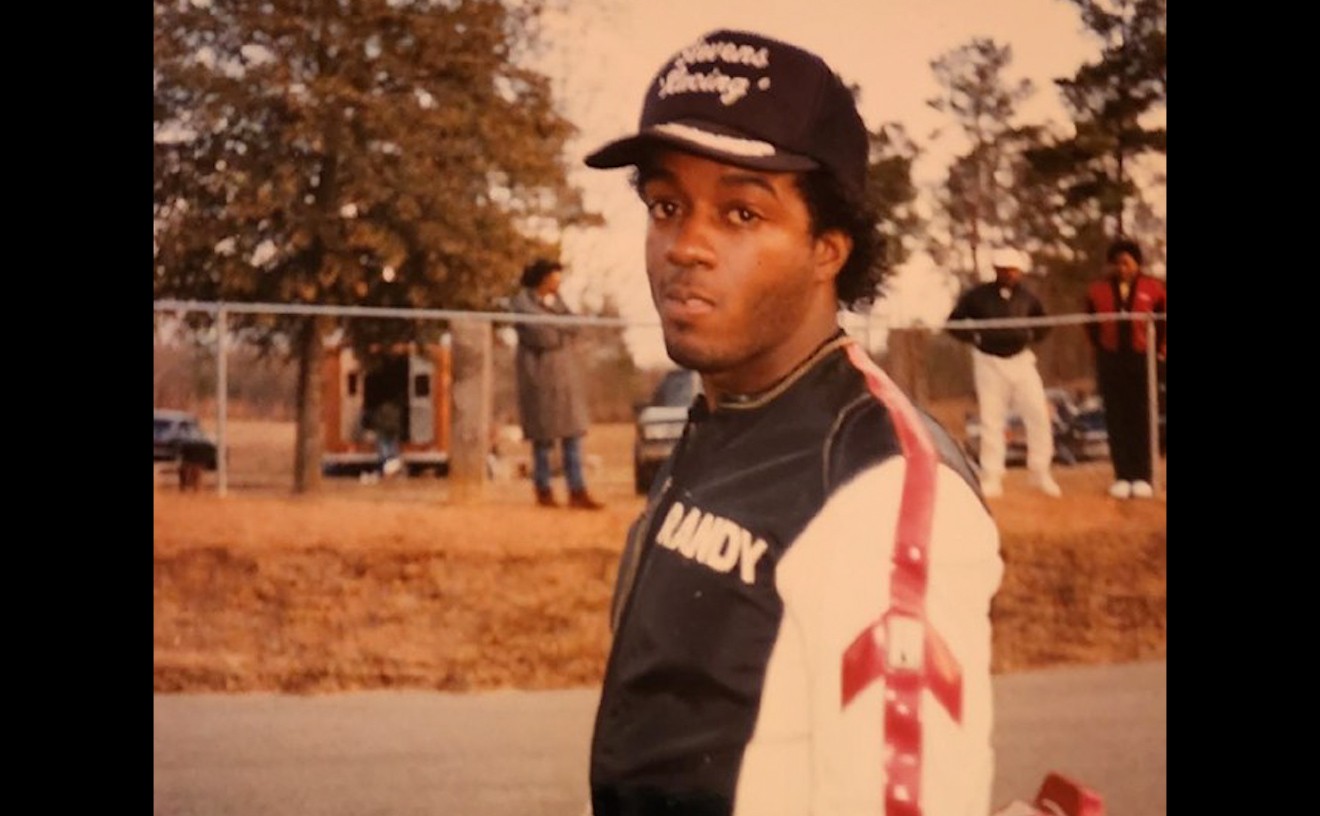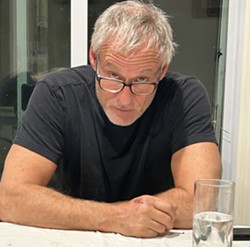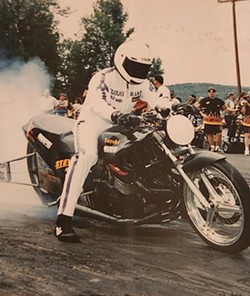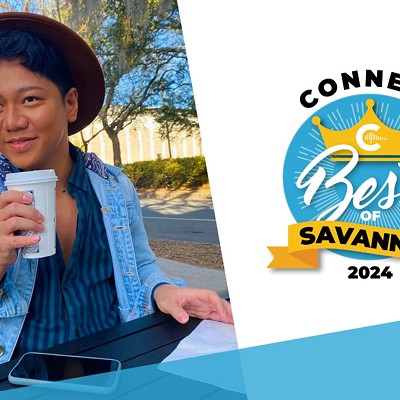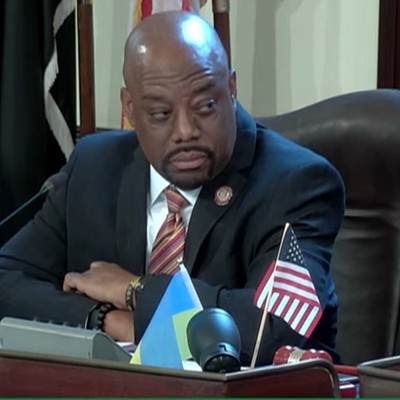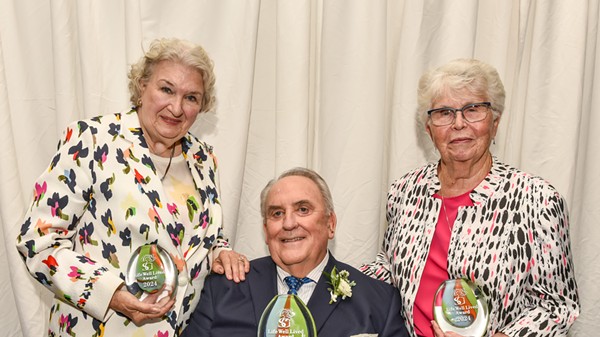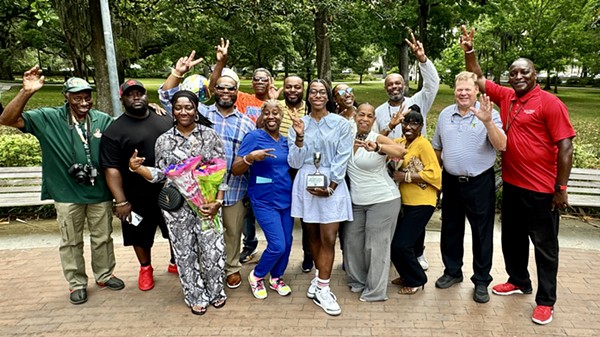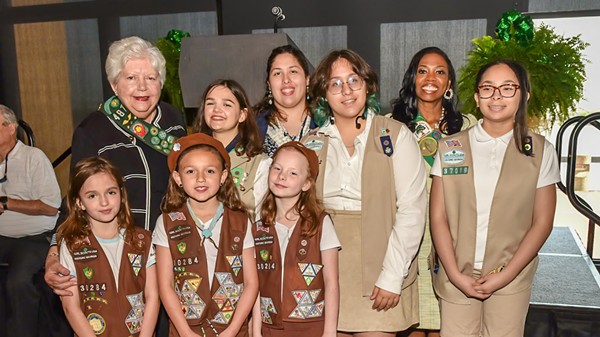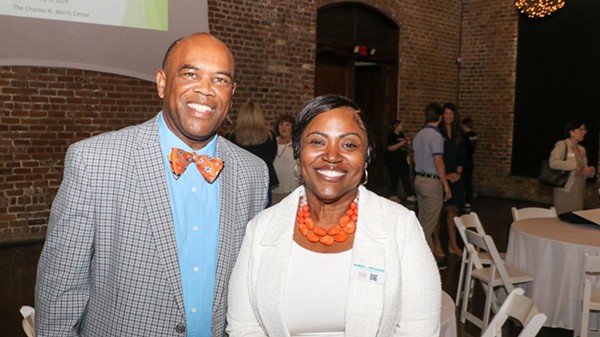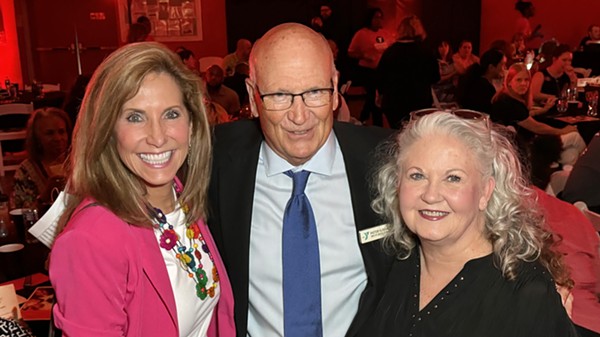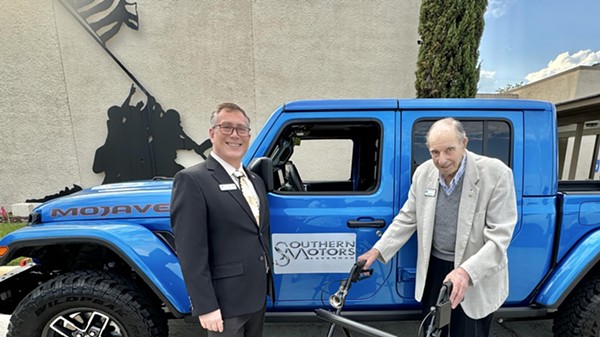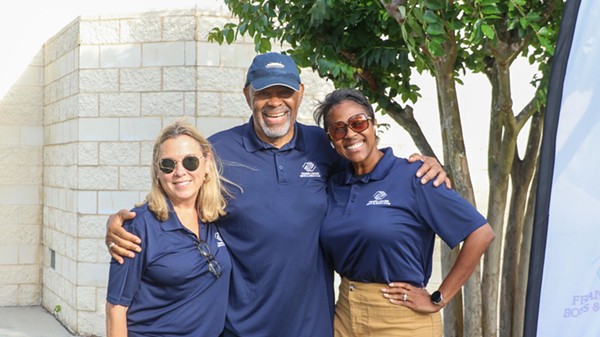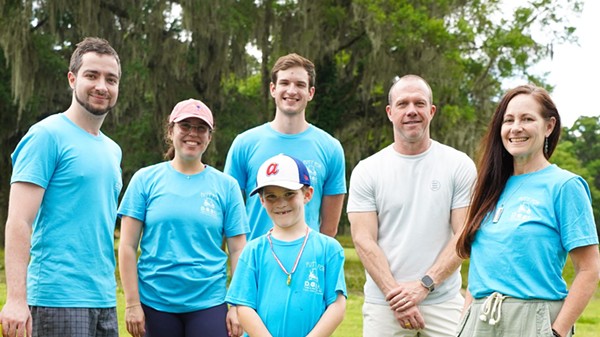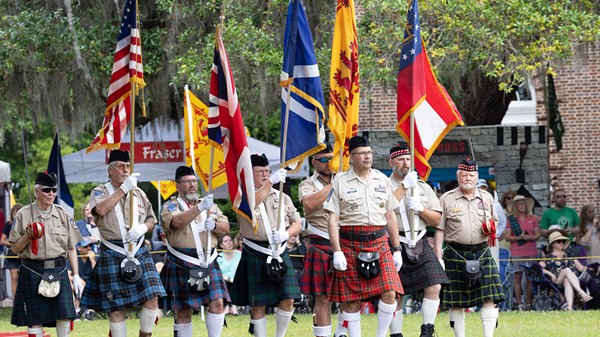Tom Mullady is a writer based in Savannah who has also become something of an investigator. He likes to look into murder cases that haven’t been solved. A New York investigator once told him that he “missed his calling,” because he hadn’t gotten into that line of work. He ended up working for that investigator for 15 years—mostly doing interviews with the people involved in the cases they were investigating. Now, he’s trying to solve a Savannah cold case from 21 years ago.
“Randy Stevens was a much-lauded master mechanic for the city of Savannah. He was modifying police cars. He did basically anything that had to do with transmissions or engines. That was his arena,” Mullady says. “On the morning of October 10th, 2002, he was gunned down right around the outside door to his house.”
That’s the focus of a new podcast called Juror 13 that Mullady is hosting. Stevens was a mechanic but also a drag bike racer. His murder was written up as a home invasion and shooting, and the investigation never went anywhere. Some suspect his widow was involved, and others think the criminal community within the drag racing scene was behind his murder. Mullady isn’t pursuing any one theory in the podcast but trying to inspect all of the possible angles.
“There are a lot of easy suppositions you could make, especially looking at the fact that the wife was unharmed and he was murdered,” Mullady says. “Things like that. But the evidence is all over the place. It’s so confusing.”
Mullady says he’s interviewed Stevens’ family members, his widow, friends and more. He says a lot of the people he’s talked to don’t like talking to the police, but he’s been able to get them to talk about the case. He’s been working on the case for about a year and thinks he might have uncovered some new information.
“I actually think we have a couple of things that I am going to be sharing with the cold case squad that may lend to furthering the investigation,” Mullady says.
The most interesting part of doing the podcast, Mullady says, is getting to interview experts and talk to them about the case. For instance, Mullady has been utilizing a psychiatry professor at Columbia University named Dr. Kenneth Pound to talk about motives and other psychological aspects of the case.
Mullady is working with Crime Stoppers, which is offering an $80,000 reward for information that could lead to the arrest of the murderer. He says he’s not sure why the case hasn’t been solved with such a high reward being offered. Mullady is also taking a closer look at other cold cases Crime Stoppers is working to solve that may be featured on his podcast.
Brittany Herren, executive director of Crime Stoppers of Savannah-Chatham County, says she views this case as “tragic.”
“I think this case really hits home for SPD detectives because he was a City of Savannah employee. The details of this case have always shaken me, in particular the fact that the homicide occurred inside his home while he was getting ready to leave for work,” Herren says. “It occurred during such an innocuous time during a ritual that many of us go through on a daily basis. He had no idea that his life was to end that morning and I think for that reason, I have always connected with that particular case”.
Herren says Crime Stoppers has over 30 cases in their files with rewards being offered, and they range from armed robberies to homicides. She says she hopes the podcast moves someone to come forward with information that will solve the Stevens case. She says, unfortunately, many cold cases go unsolved.
“I always say that solving murder cases is like a coin flip. Nearly half of murder cases in the U.S. go unsolved, and that number only grows each year,” Herren says. “The last number I heard regarding cold cases in Georgia came from a speaker at a conference who said there are nearly 11,500 cold cases dating back to 1980, and these are not all homicide cases. Throughout the United States, it’s something like an estimated 200,000 unsolved homicide cases alone.”
Herren says solving cold cases is difficult because memories fade, suspects age or pass away, witnesses or people who have been questioned age or pass away. The more time that passes, the more difficult it can become to find answers, but Herren believes it's always possible to solve a cold case.
“I like to focus on what makes [solving the case] possible. First, it is dedicated detectives. These cases don’t go unsolved for a lack of trying. Savannah is incredibly blessed with men and women who tirelessly work on these cases,” Herren says. “I have spoken to enough SPD detectives over the years to know that these unsolved cases are a weight on their hearts and minds.”
She says it’s also a fact that every case has at least one person who is the key to solving it.
“People don’t come forward for many reasons, and Crime Stoppers works to eliminate the stress of at least one of those reasons, which is the fear of retribution,” Herren says. “Sometimes people also think that what they know isn’t a big enough deal to come forward. What I say to that is to let detectives be the judge of that."
To listen to the Juror 13 podcast and to find out more, visit: https://www.juror13.live/
To submit any information about the Stevens case and learn more about cold cases in Savannah, visit: https://savannahchathamcrimestoppers.org/

